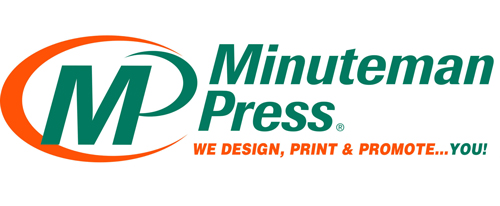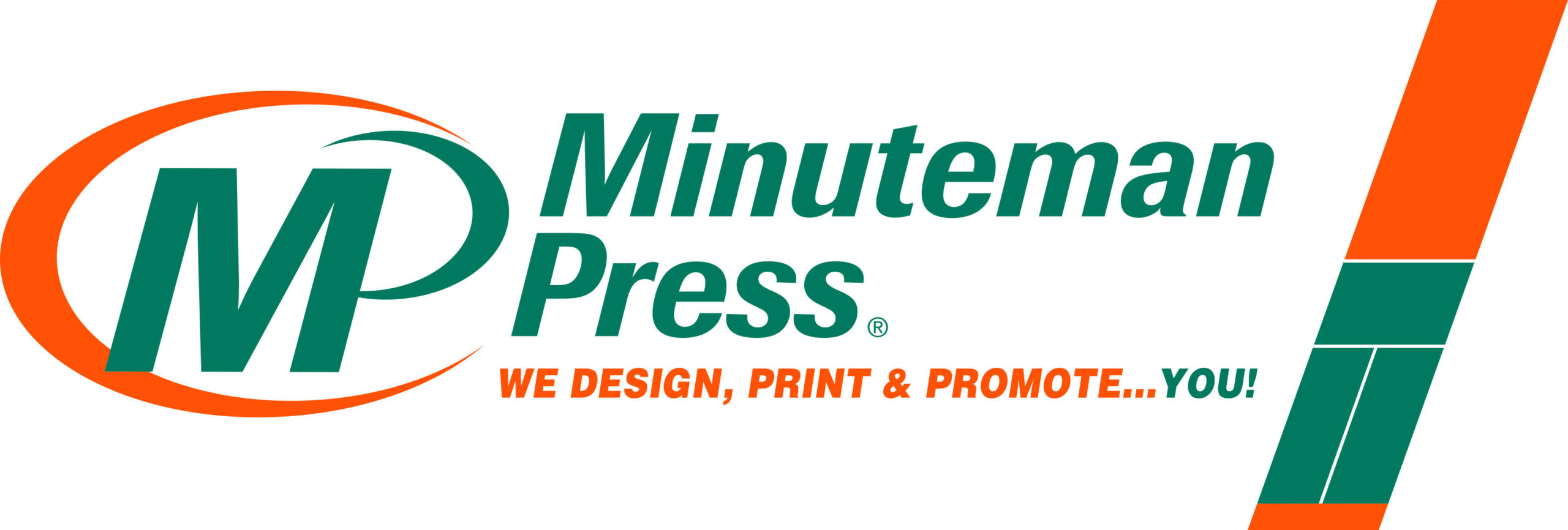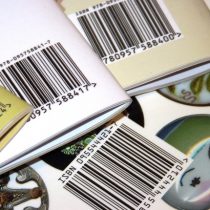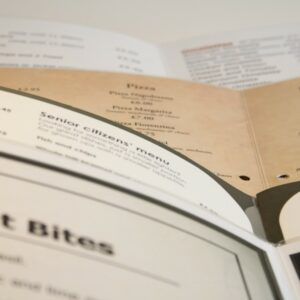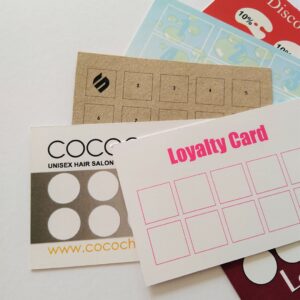There is no doubt that self-publishing has become the latest phenomenon within the publishing arena. Once the barriers to publishing your own book seemed insurmountable, this is no longer the case. Self-publishing has literally opened the door to millions of potential authors, who, for the most part, have enriched the available myriad of literature at our fingertips with their own thoughts, perspectives and musings, which are now immortalised in print or digital form.
However, there are still some hurdles to overcome. Although not a legal requisite, for those wishing to convey a more professional image and fulfill the relevant requirements of book repositories, such as Amazon, one of the most important tasks involves obtaining that all important ISBN (International Standard Book Number).
An ISBN is a unique 13-digit reference number, which is an internationally accepted identifier, commonly expressed as a bar code on the back of a book. This enables the book to be scanned and quickly recognised and categorised.
As a self-publisher, if your aim is to sell your book online or offline, you will need an ISBN. The reason for this is that it lets retailers order your book and control their stock levels.
Within the UK the ISBN agency is run by Nielsen Book Services, who are wholly responsible for assigning all UK based ISBNs. ISBNs are supplied in batches of one, 10, 100 or 1,000.
To apply for an ISBN you will need to complete a simple purchase process via the online Nielsen ISBN store. The relevant purchase information can be downloaded from the company’s website nielsenisbnstore.com.
Important items for ISBN request are:
- Publisher name – as a self-publisher very likely your own
- Publishing address
